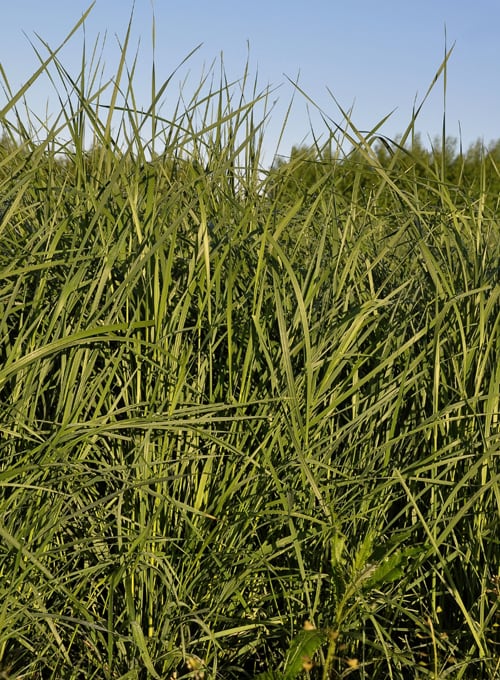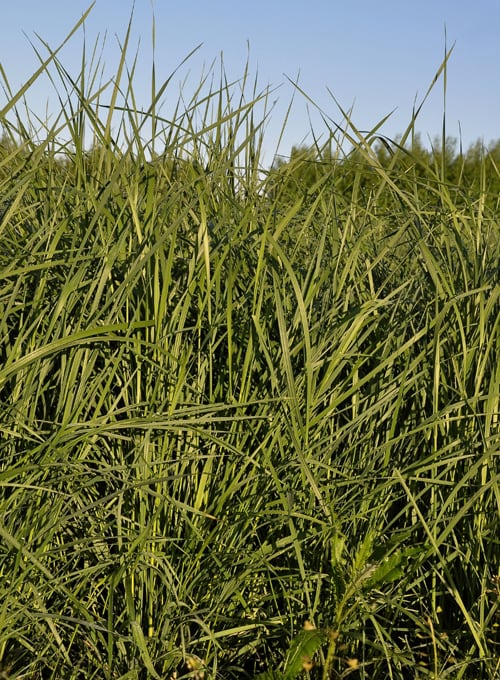Everything You Need to Know About
Couch grass (Agropyron repens)
Botanical family: Poaceae
Parts used: Stems, Rhizomes



Key Body Systems Couch grass (Agropyron repens) relates to

Urinary system

Digestive System
Energetics
Cooling
Drying
Key actions

Key uses
Where to Find Couch grass (Agropyron repens)



